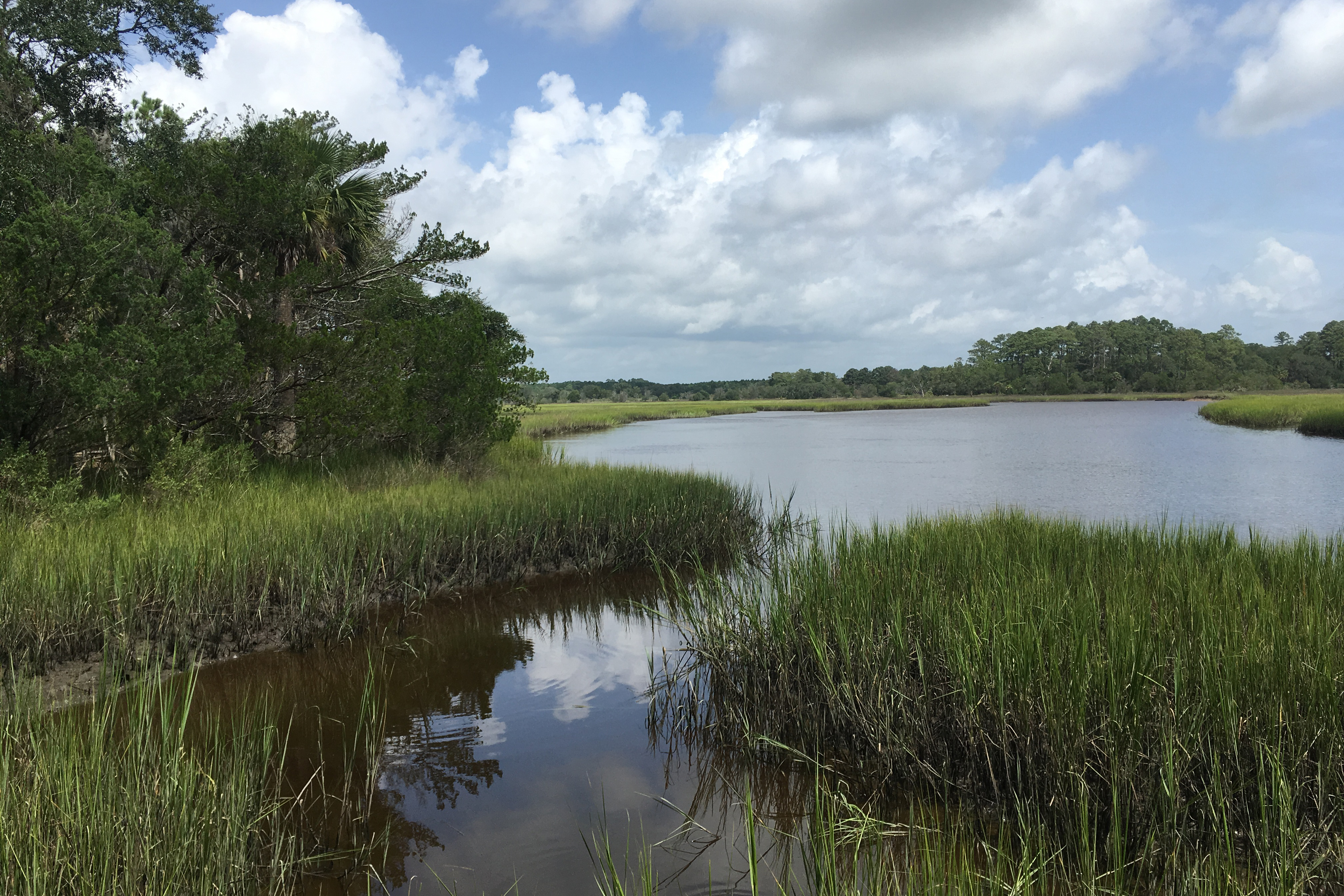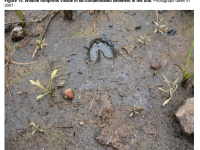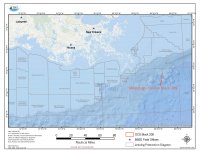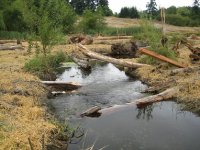Trustees Release Final Restoration Plan for the ExxonMobil Case in South Carolina
October 2, 2023
On September 29, 2023, The Trustee Council for the ExxonMobil Former Fertilizer Plants case in South Carolina released a Final Restoration Plan and Environmental Assessment (PDF, 73 Pages). The Restoration Plan selects two habitat restoration projects to compensate the public for natural resource injuries that were the result of contaminant releases at multiple sites.
The Edisto Island salt marsh creation project will create up to 17 acres of salt marsh habitat on property owned and maintained by the Charleston County Parks and Recreation Commission. This hydrologic restoration project would remove or reduce a deteriorated dike and re-establish tidal flow behind the dike. The oyster reef creation project would create approximately three acres of oyster reef habitat in the area of Port Royal, South Carolina.
This restoration plan is part of the 2019 Natural Resource Damage Assessment (NRDA) settlement with ExxonMobil. Several former fertilizer sites in coastal South Carolina released contaminants to approximately 100 acres of nearby salt marshes, as well as to the Ashley and Beaufort rivers. The impacts of these releases include:
- lingering heavy metals in the nearby groundwater
- mortality, reduced growth, and hindered reproductive health of marine and estuarine organisms
- harm to culturally and economically significant species including shrimp, oysters, drum, and blue crab
- injury to migratory species including American shad, blueback herring, striped bass, and the endangered shortnose and Atlantic sturgeon
In 2019, a $6.3 million pollution settlement was reached to implement the selected restoration projects. The Trustee Council released a Draft Restoration Plan and Environmental Assessment in March 2023 and accepted public comment through April 2023. With the release of this Final Restoration Plan, the Trustees can move forward with implementing restoration projects with partners.
Trustee Council members for this case include NOAA, U.S. Fish and Wildlife, South Carolina Department of Health and Environmental Control, and South Carolina Department of Natural Resources.






